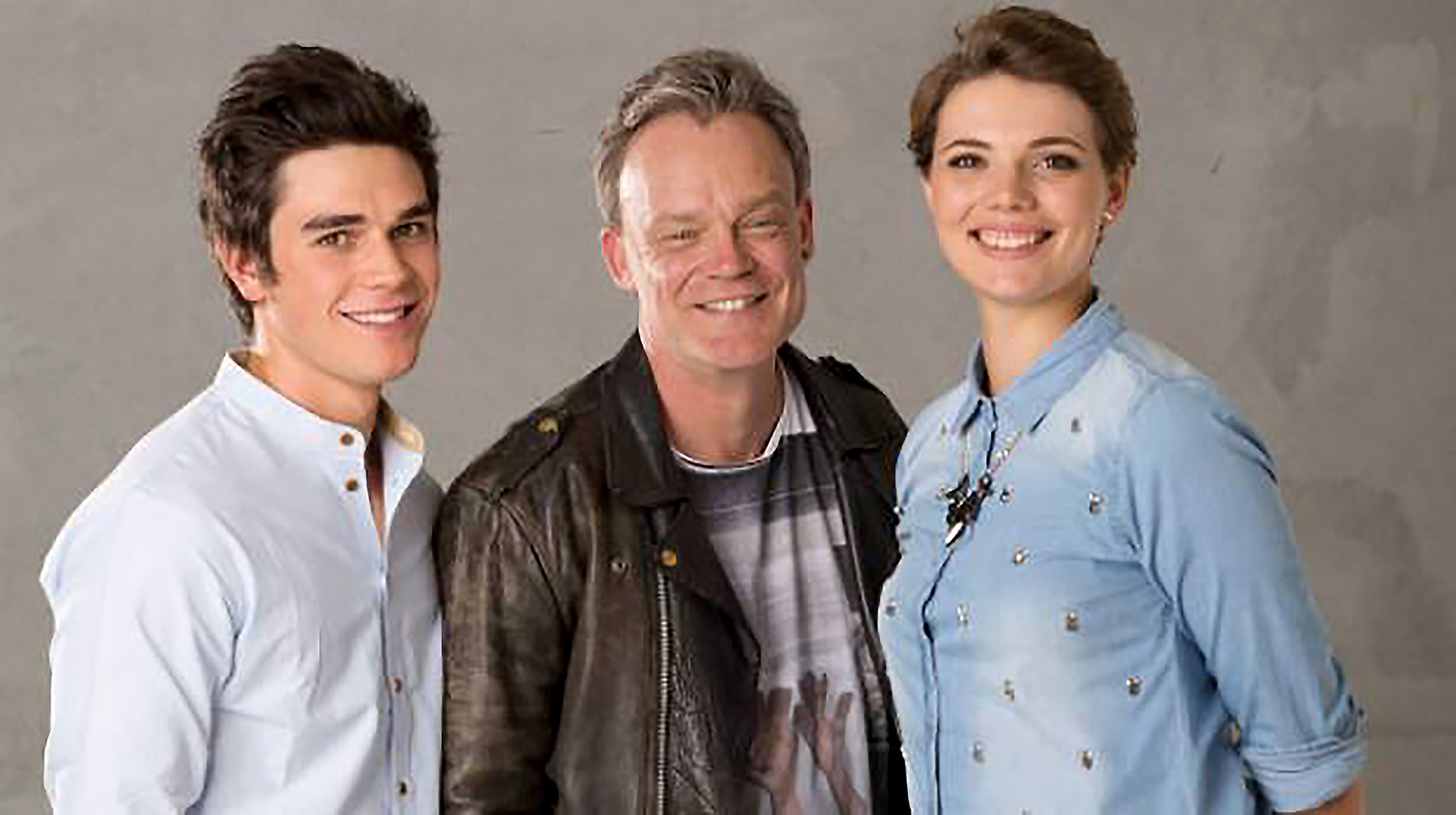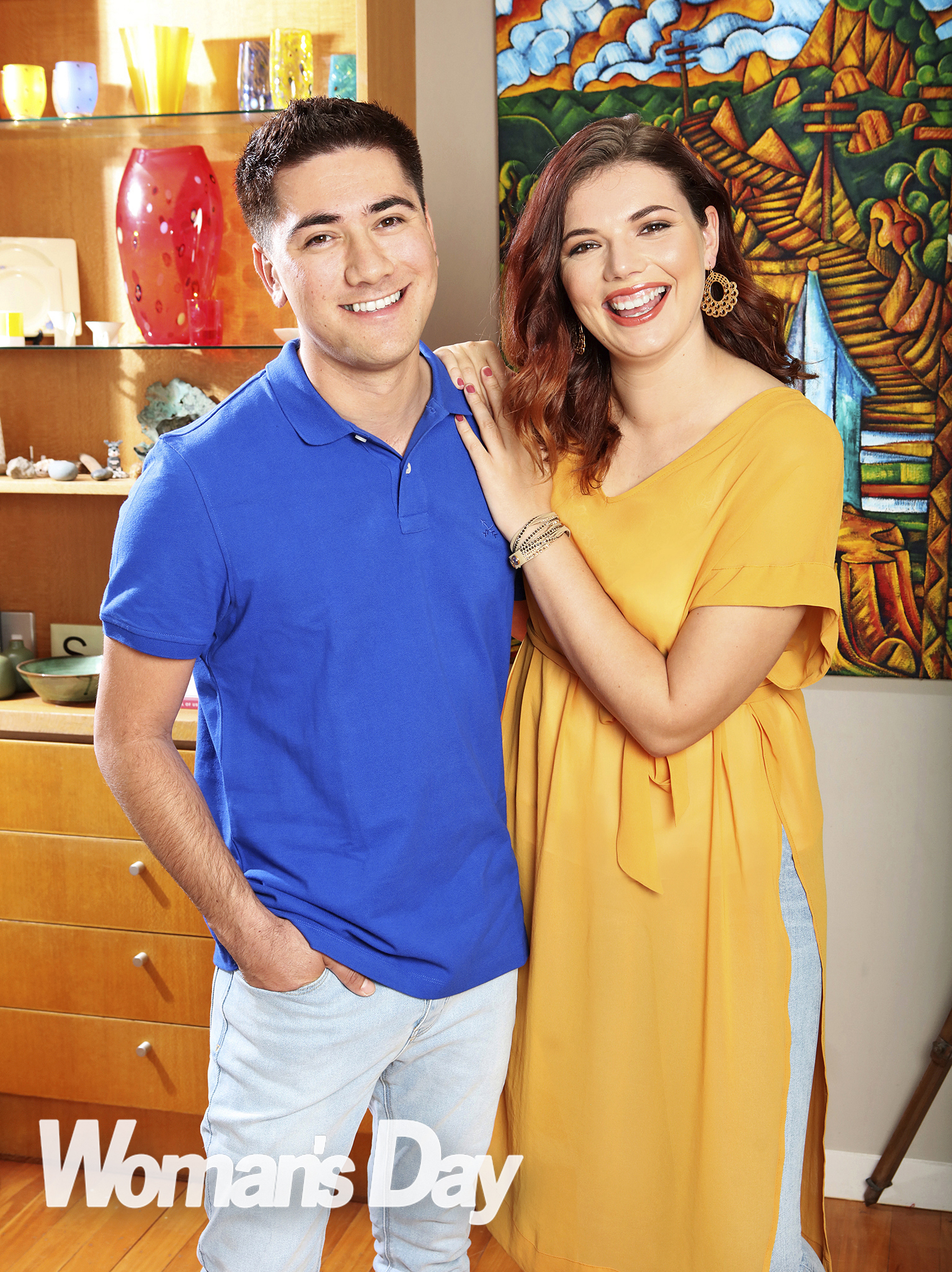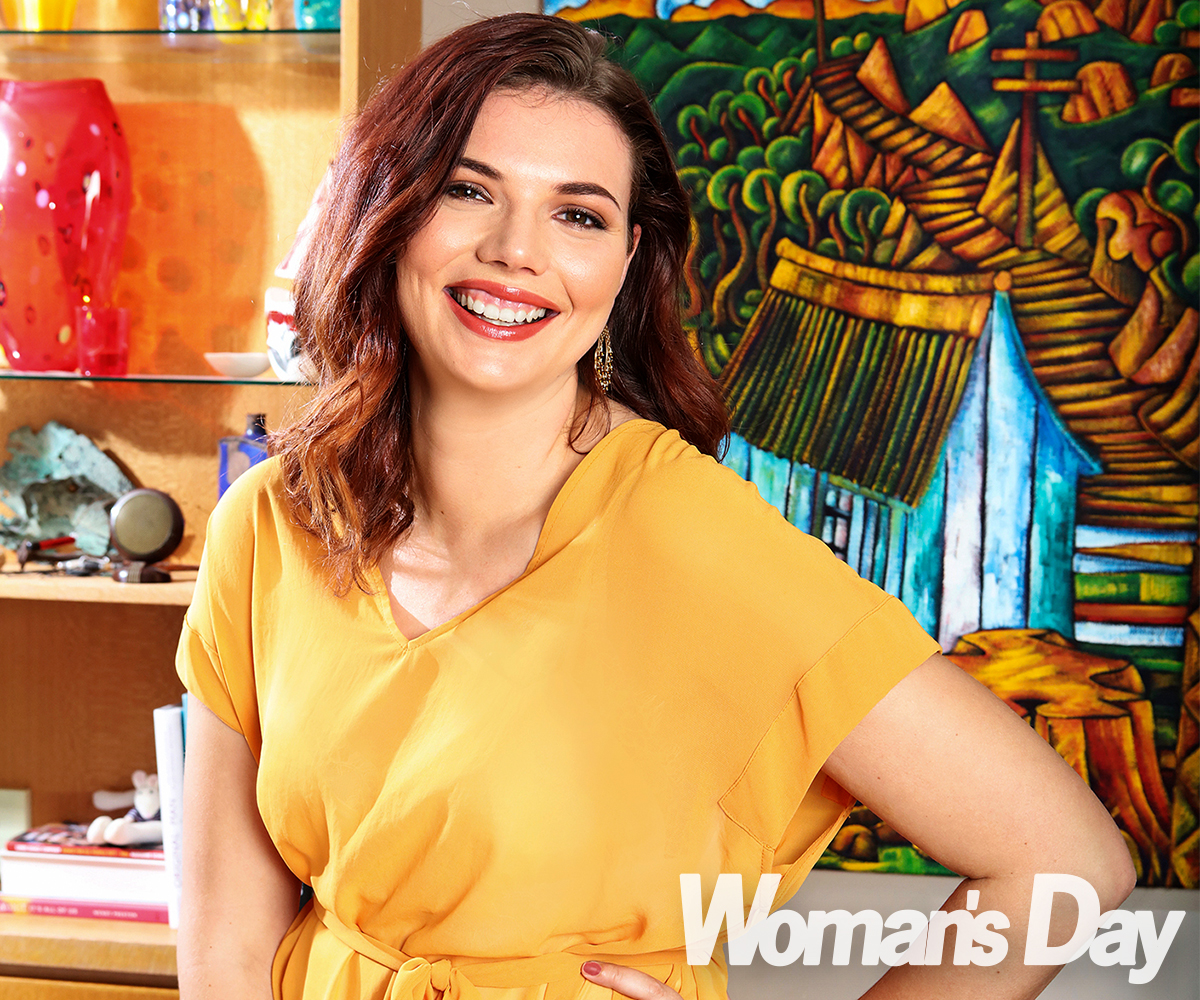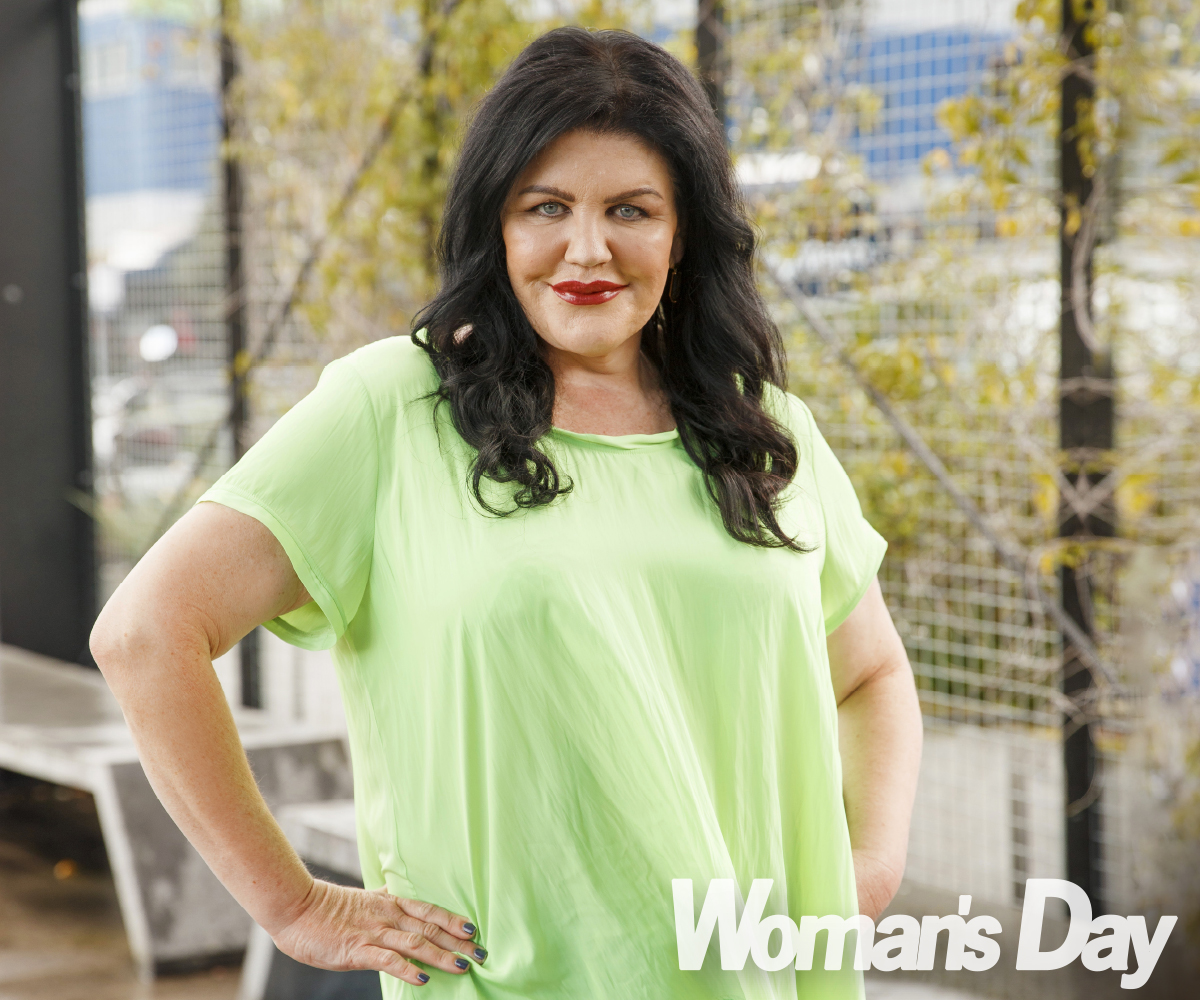It’s easy to think that former Shortland Street star Lucy Elliott has it all. The pretty actress is the first to admit she’s lived a privileged life, being brought up in a beautiful home with adoring parents and stepping easily into a career that many would give their right arm for.
Certainly, it’s something Lucy, who played Dayna Jenkins on the hit Kiwi show, would dwell on as she was overcome with dark thoughts and depression – an internal battle that she’s only been able to silence in the past year.
“It’s a vicious cycle,” tells Lucy. “You start thinking, ‘I shouldn’t feel sad because I have all these amazing things. I shouldn’t be upset as I have been handed this blessed life.’
“But then you continue to feel sad while also gripped with this constant guilt. There were times when I’d wish I had nothing because then I could at least justify why I felt this way.”
Lucy, the daughter of Kiwi acting legend Peter Elliott, would go on to learn that depression is not discriminative in those it touches. But she admits the journey to this realisation was a tough one.
“At my worst point, I would wake up, go upstairs to the lounge, fall asleep on my couch, wake up and then go back to bed,” she admits.

Lucy with her Shortland Street co-stars KJ Apa and Joel Tobeck
The 24-year-old first realised her crippling self-doubt was actually depression during the suicide storyline of her on-screen brother Kane Jenkins, played by Riverdale actor KJ Apa, in 2014.
“The Mental Health Foundation came in to do a briefing and they handed out a pamphlet,” recalls Lucy. “They were like, ‘These are the symptoms of depression.’ I remember reading it and silently freaking out, thinking all of these things I feel or have felt. It kind of clicked.”
But Lucy, who is currently taking a break from acting to illustrate books, found that when she brought up depression with friends and even some family members, they lacked an understanding of what she was going through.
“I’ve said to multiple people, ‘I am depressed this week,’ and they would reply with things like, ‘Just go out and do some yoga,'” she laughs, rolling her eyes. “I wish it was that simple, but it’s a chemical imbalance that I am unable to remedy on my own.
“They often want to rescue me or remedy me, which is so sweet, but that’s not what I need. I need someone to listen to me because the sooner I can get it off my chest, the easier it is for me to process everything.”

Lucy’s best friend Calvin has been a shoulder to cry on and is always there to listen.
Lucy found support in understanding friend Calvin
But there was one person who “just got it” and that was her best friend Calvin Samuel, who she met at a party in 2012.
The pair have been super-tight ever since. And during our photo shoot for Half It, our campaign aiming to raise awareness of the importance of listening to those suffering from depression, Lucy says he continues to be her number-one support.
“He said to me that he’s had anxiety and depression since he was young, and we bonded through that,” admits Lucy. “It’s a bit like AA, I suppose – you have a partner to make sure you are on the straight and narrow.
“If we have a problem, or are feeling anxious or depressed, we just hang out together. We don’t have to say or even do anything, but just to know there’s someone there – it is an amazing set-up to have.”
In fact, Calvin, 28, helped Lucy through an abusive relationship that saw her hit rock bottom. He says, “I just kept making excuses to see her one-on-one because I knew something was wrong. I wanted to give her the chance to say something if she wanted. There was no pressure. It took months before she told me what was going on.”
Calvin, a visual director from Auckland, says that patience was definitely the key during this time. As a result of having someone in her corner, Lucy finally reached out, and started seeing a therapist and taking medication.
Now feeling more like herself than ever before, she’s started fronting talks in schools about mental health, stressing how it doesn’t have a clear-cut look.
Lucy adds, “To the outside world, my life must have looked perfect. But really, it was not all sugar-coated rainbows at all.”
You’re not alone
Mental Health problems come in all shapes and sizes – one diagnosis doesn’t fit all. But there is one constant:
“I just don’t feel like myself.”
If you don’t feel like yourself, you are not alone. There are currently 640,000 Kiwis who have been diagnosed by a doctor as suffering from depression.
Get Help:
Need someone to talk to?
Lifeline is open 24 hours a day: 0800 543 354
Suicide Crisis Helpline: 0508 828 865
Healthline: 0800 611 116
Samaritans: 0800 726 666


